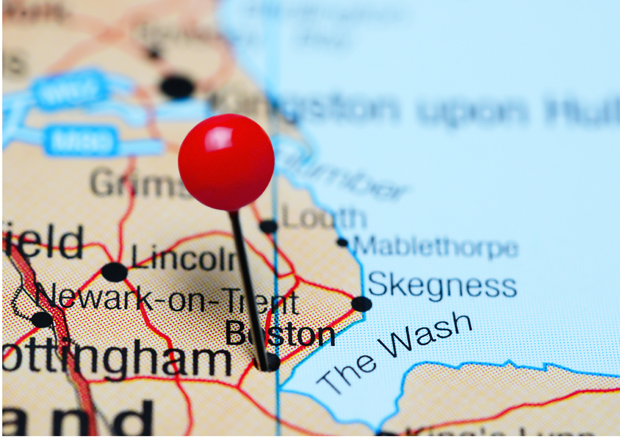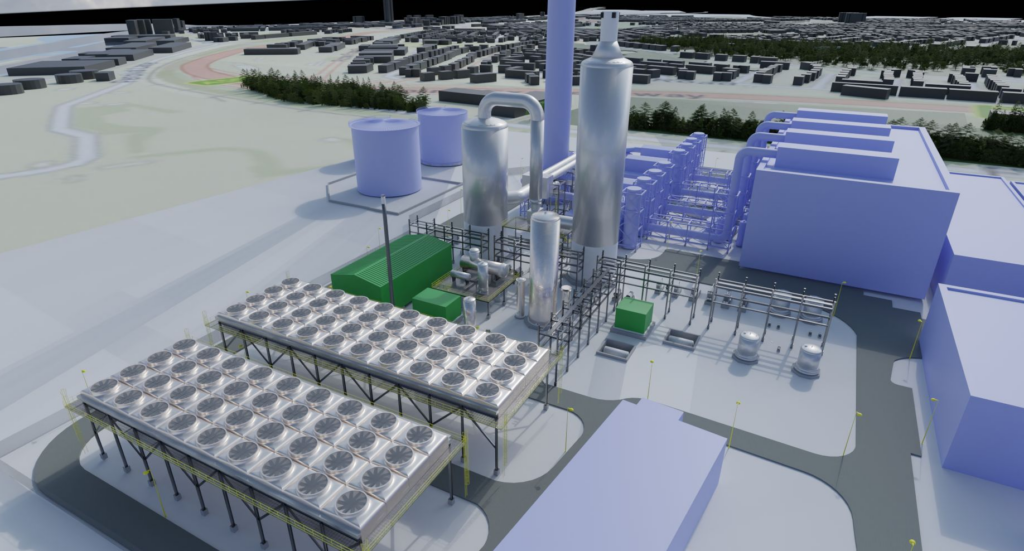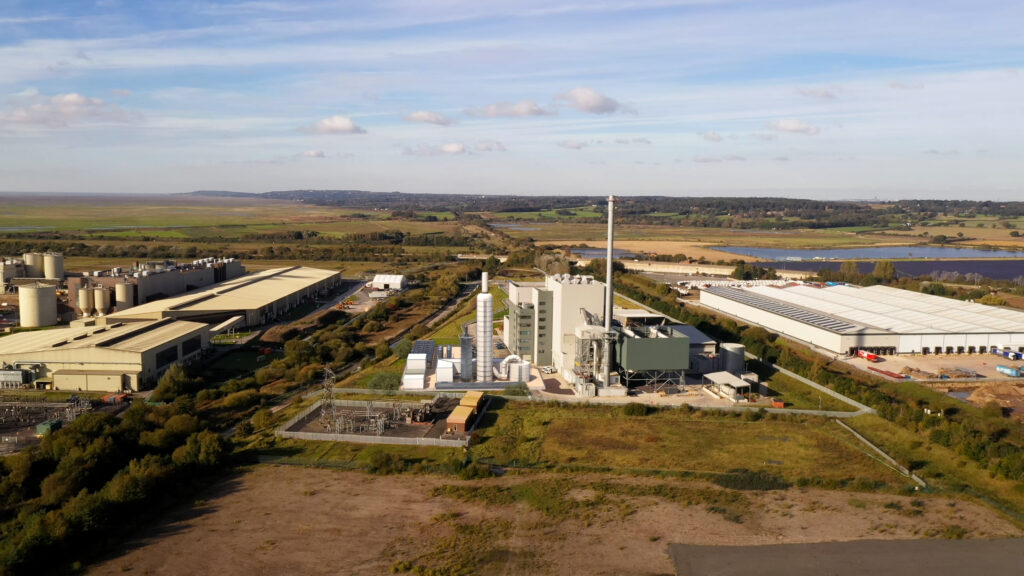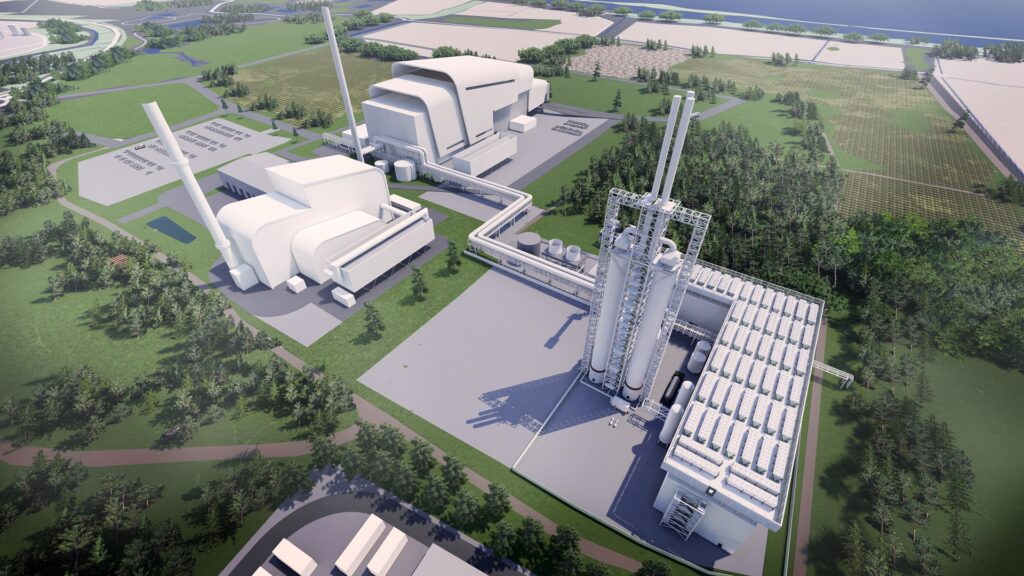The latest stage in the project, which was unveiled five years ago, has seen the developer respond to a set of final questions from Grant Shapps, secretary of state for energy and net zero. A recommendation report, as yet unpublished, was made to the Secretary of State last year by the Planning Inspectorate as the plant is a ‘Nationally Significant Infrastructure Project’.

The developer responded to a range of questions which cover topics from protection of birds through to UK waste infrastructure capacity. On the latter point, it argued in response to a question around whether the plant is actually needed, that a number of UK energy from waste plants will cease operations in the “medium term” as they come to the end of their operational life.
The Boston facility is being proposed by Alternative Use Boston Projects Ltd at the Riverside Industrial Estate, Bittern Way, two miles south of the town centre. The applicant explains that it is a privately-owned company with core business in energy from waste, specifically renewable electricity projects producing ‘green energy’.
2004
The company team, it says, has been involved in industrial development at Riverside Industrial Estate, Boston, Lincolnshire since 2004. In March 2005, planning consent was obtained for a special & clinical waste processing plant, with conditions discharged and commencement of construction. In 2010, consent was obtained for a 12 MWe gasification power station that would process waste wood (known as Biomass UK No. 3 Ltd) with enabling works carried out during 2013. This facility was sold to Aviva Investors in November 2015, along with the right to develop the facility, and in September 2016 it was transferred to Biomass UK No. 3 Ltd. The Biomass UK No. 3 Ltd facility is entirely separate to the proposed EfW plant.
Unusually, the baled RDF which would be delivered to the proposed plant is to come by ship “from UK ports” and there is a proposal for the on-site manufacture of aggregate by recycling the thermal treatment residues and APC residues. This approach, say the developers, promote the waste hierarchy and the proximity principle
Technology for the facility would be advanced thermal conversion
Capacity
Last week the developers of the proposed plant responded to a letter to the Infrastructure Planning Inspectorate which came from UKWIN – UK Without Incineration Network – which is opposed to the plant and raised a number of points.
UKWIN said that the capacity would exceed availability of feedstock and highlighted plans for sustainable aviation fuels facilities which would use residual waste.
Responding, the developers said SAF plants currently used waste derived oils and that “We consider UKWIN’s estimates of the potentially required solid waste element to be oversimplified, and where this does in the future make up part of the feedstock mix it is likely to be a much smaller proportion.”

End of life
The developers also highlight an issue around current energy from waste plants with a number potentially coming to their end of life stages.
They state: “UKWIN have highlighted future Government targets to reduce residual waste in 2042, highlighting that the UK would exceed EfW capacity in that year (19 years from now) if targets were met. This assumes all existing EfW facilities remain fully operational. The Applicant considers that a proportion of existing plant is likely to cease operations in the medium term as EfW facilities come to the end of their planned operating lives.”
Useful links
Boston Alternative Energy Facility
UKWIN










Subscribe for free